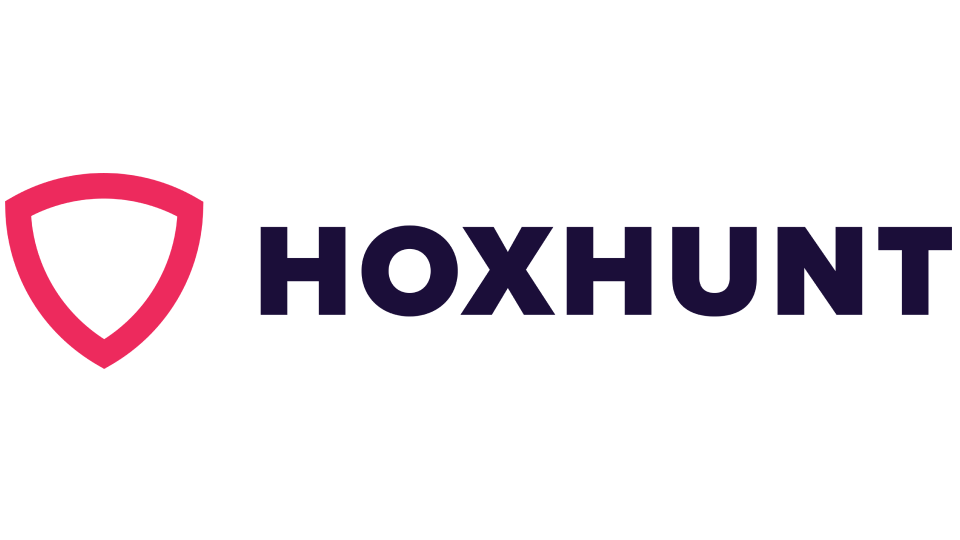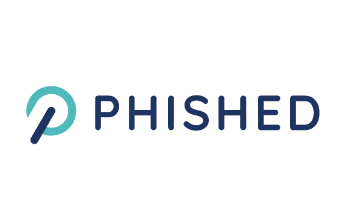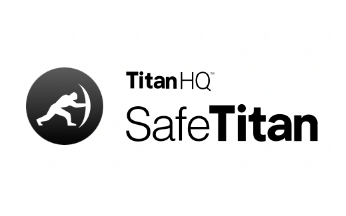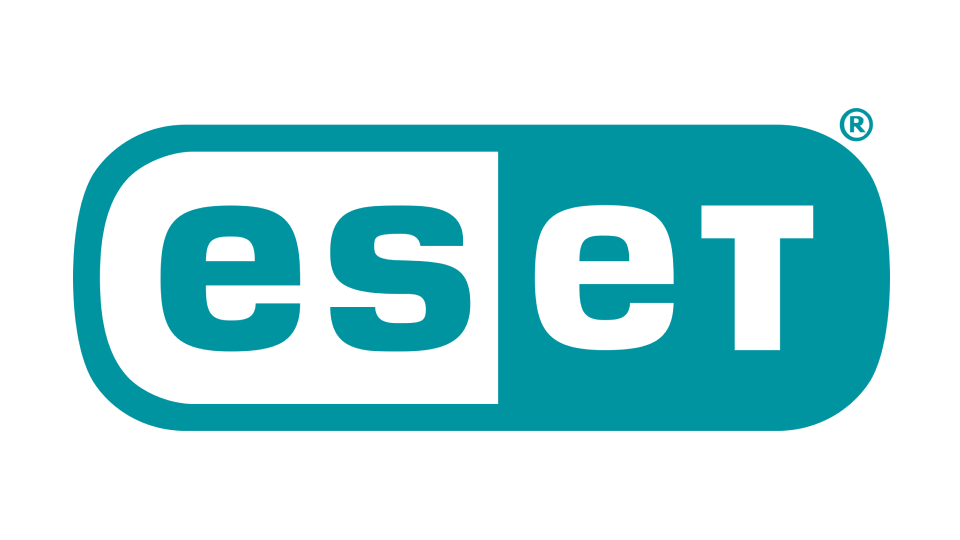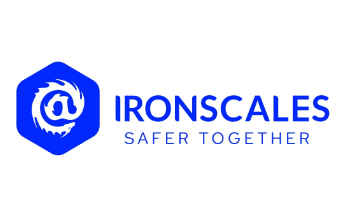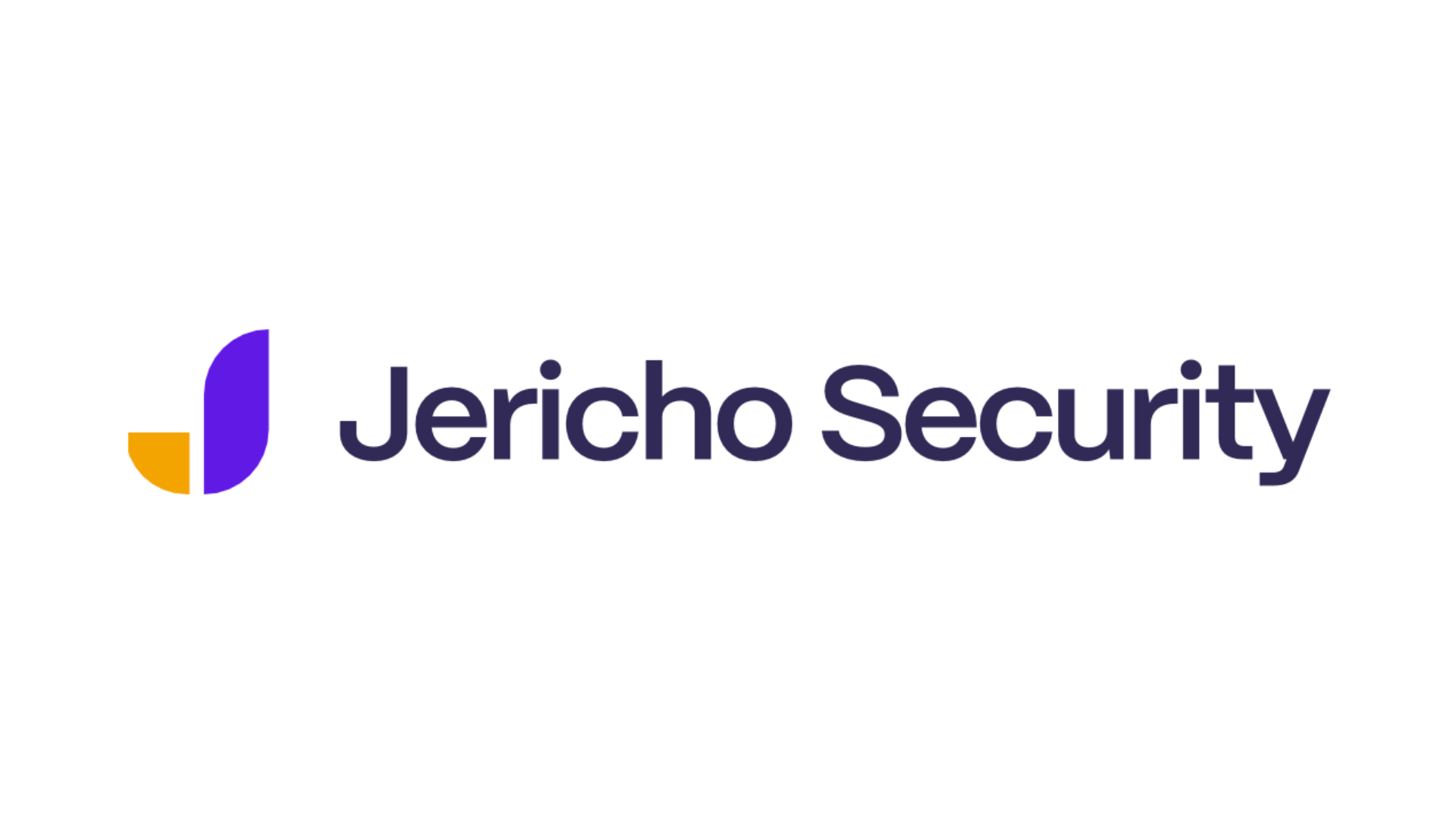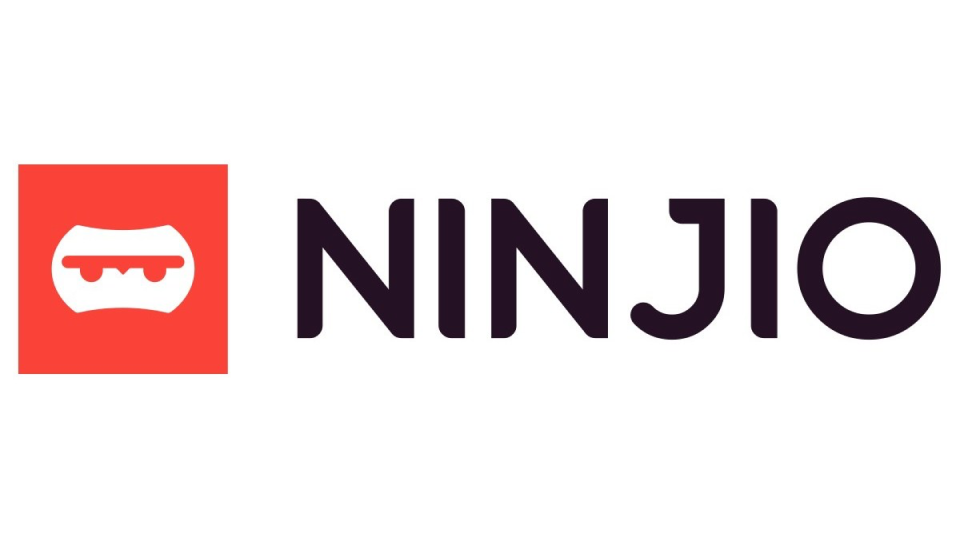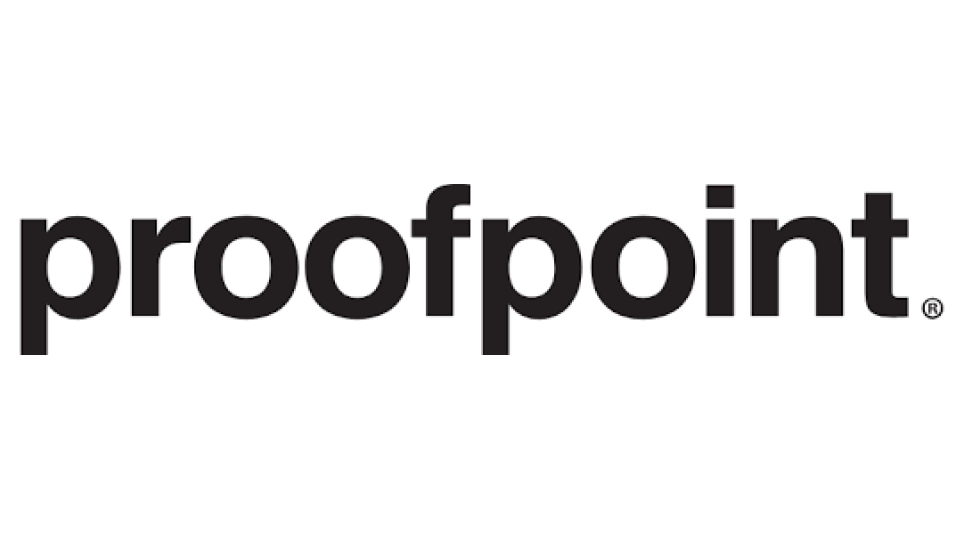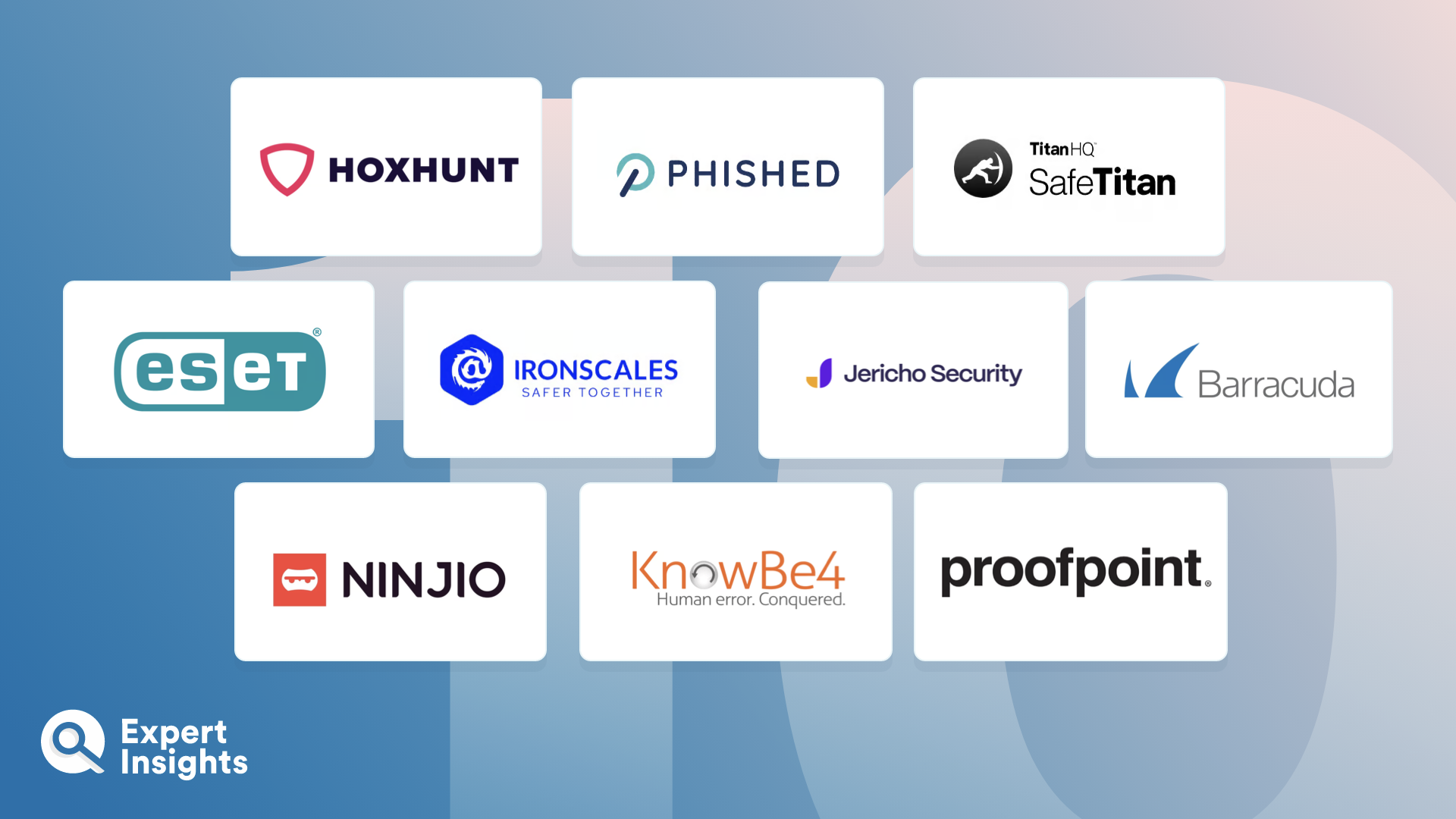Phishing simulations test users’ ability to identify and report phishing attacks by delivering fake phishing emails to the user’s inbox and monitoring their response to those emails.
The Challenge: Traditionally, phishing attacks targeted up to thousands of people at once; today, they’re more sophisticated. The attacker researches their target and aims to gain their trust, making the attack more difficult to spot. This means that the end user is much more likely to respond to the attacker and share sensitive company information, like financial details or login credentials.
How Phishing Simulation And Testing Tools Work: Often deployed as part of a wider security awareness training (SAT) program, phishing simulation and testing solutions allow admins to send fake phishing emails to their users. They then monitor how each user responds to the email, i.e., whether they report it or interact with it (click on a link, download an attachment).
This gives IT and security teams a clearer understanding of their organization’s resilience to phishing threats, and enables them to assign further training where needed.
In this article, we’ll highlight:
- The best phishing simulation and testing solutions designed to increase resilience against phishing
- Standout features of each solution
- Who they are best suited for



